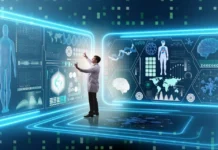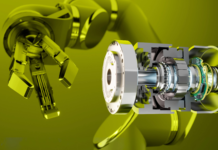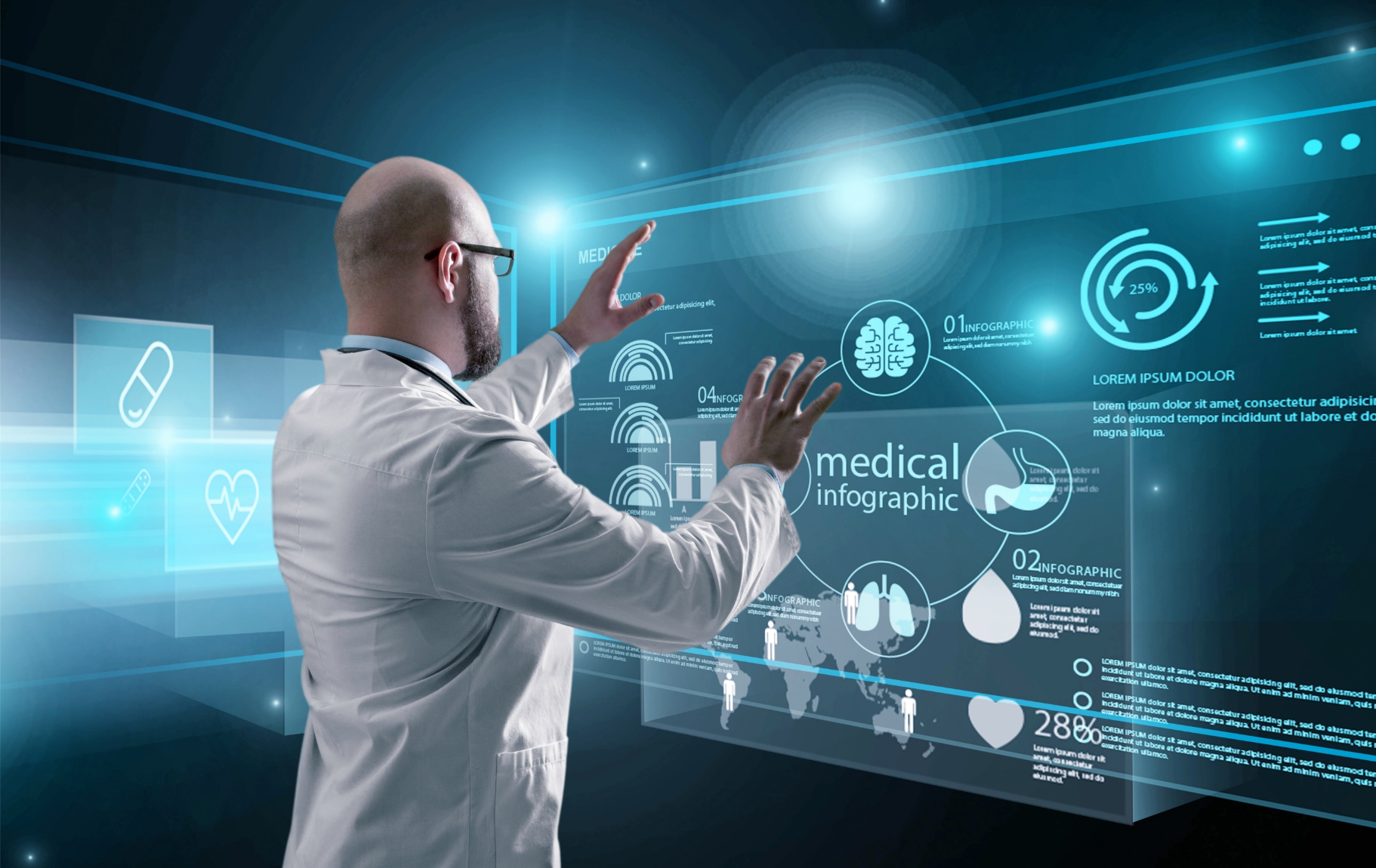
The world is changing at an amazing rate. What used to be mere words from a fiction film has now become a reality. The same is true for AI.
Artificial intelligence has completely changed how businesses work. AI has had a deep impact on all industries, from education to e-commerce etc.
In addition to the various industries that AI has affected, the medical sector has received the most attention. The way healthcare professionals treat patients has completely changed with the help of AI technology.
As per reports by 2025, the market for AI in healthcare will be worth $36 billion. With AI growing at such a fast rate, it is likely to make big changes in the medical field.
How Does Ai Change The Healthcare Field?
Artificial Intelligence has a big effect on the medical industry. It is changing the way healthcare is done and what its main functions are. Let’s look at five ways that artificial intelligence has changed the healthcare industry.
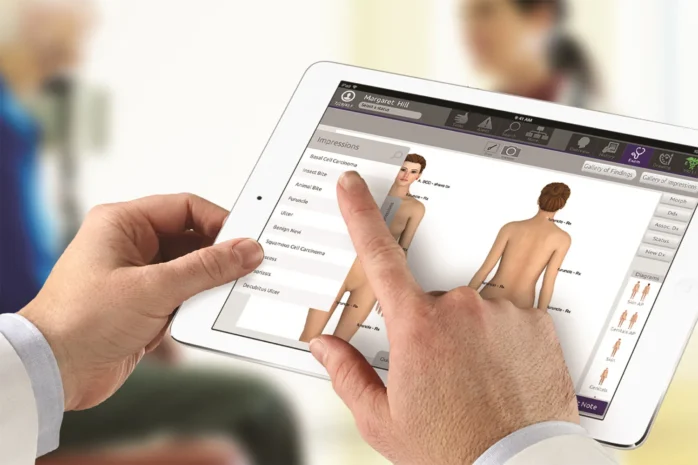
1. Provide Consultation Online
The use of Artificial Intelligence in the medical field has made it easier for patients to talk to their doctors. Even though the idea of online consultations is not new, the old consultation applications had a lot of problems. Many of these problems were solved by new and more advanced AI.
First, the progress in deep learning made it possible for users to make better decisions. Instead of asking questions out of the blue, these AI-powered systems learned from real-world use cases to ask questions that are relevant to the patient’s health record.
Second, the improved process of natural learning has made it easier to answer the patient’s question. It has changed a lot about how machines used to answer questions by making it easier for them to learn and understand hard sentences. The healthcare industry has changed a lot because of both of these amazing technologies.
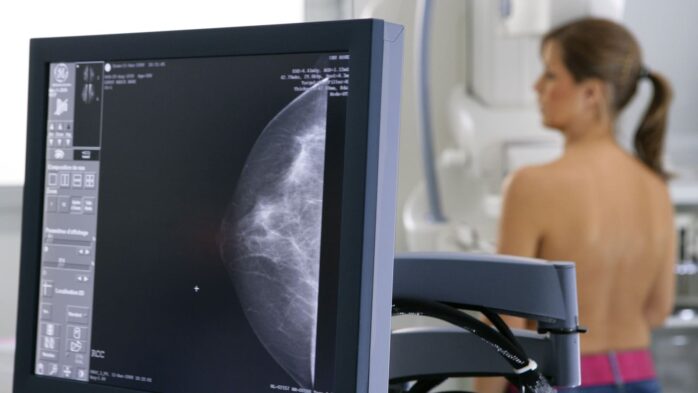
2. Smart Methods Of Diagnosis
It is no longer difficult to figure out what’s wrong with someone. Since AI has been introduced in the healthcare industry, diagnosing diseases has become quite easy. Artificial Intelligence applications help doctors figure out what is wrong with patients faster and more accurately.
The use of Artificial Intelligence in cardiology and radiology has also made it easy to find serious problems early on. Artificial Intelligence based applications, for example, have made it possible to find cancer cells early so that doctors can find ways to stop them from spreading.
In short, AI has changed the way doctors used to diagnose diseases and has also cut down on the mistakes they made.
3. Making New Drugs
AI systems are being used to do more than just make accurate diagnoses. They are also being used to help develop new medicines. They are using huge databases and important information to find new therapies that might work. These medical advances can help treat serious diseases like Covid, Cancer, and many others.
Aside from that, AI in the development of medicine could also help find drugs that could help cure deadly illness more effectively. It can track small changes in medicine, which helps scientists and researchers keep track of how drugs are changing. Overall, using Artificial Intelligence in medicine would speed up the process of finding new drugs and give the medical industry new reasons to be optimistic.
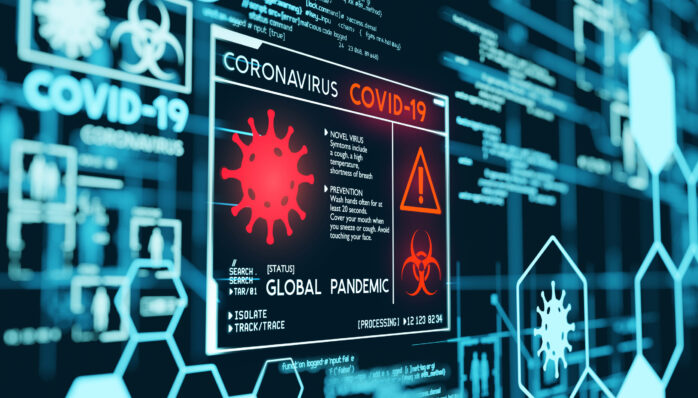
4. Help From Robots
Artificial Intelligence in healthcare doesn’t mean that all doctors will be replaced by robots. Instead, it just means to combine the strength of robots with the skills of surgeons to produce better methods of treating diseases Recent advances in AI have led to more people using Artificial Intelligence-driven robots that can do human work well and with fewer mistakes. The same is true for the healthcare industry.
When it comes to treating patients, using robots could make things much more efficient and steady. It can give important information about a patient’s health and make suggestions that can help a doctor figure out what’s wrong. Artificial Intelligence can also help with microsurgery so that patients can get better faster. It can help the doctor by giving them accurate information about the risk and the steps that need to be taken.
5. System For Following Up Online
Doctors are busy almost all the time. And that’s a big problem for people who need regular care as well as checkups. AI systems can help with this. AI-powered chatbots help solve this problem by always being there for patients who need care regularly. The patients are required to type in their issues, and the chatbots will give them a good answer in seconds. If you are also looking for such a chatbot, check out https://softengi.com/projects/healthcare-pharmaceutics/a-chatbot-for-preliminary-medical-diagnosis/.
Also, thanks to new technology, patients don’t even have to type their problems because chatbots can read hand written pages. These bots, which are run by AI, can also diagnose patients and give them the right medicine by looking at their symptoms. Moreover, these Artificial Intelligence systems can talk to patients in the same way a person would.
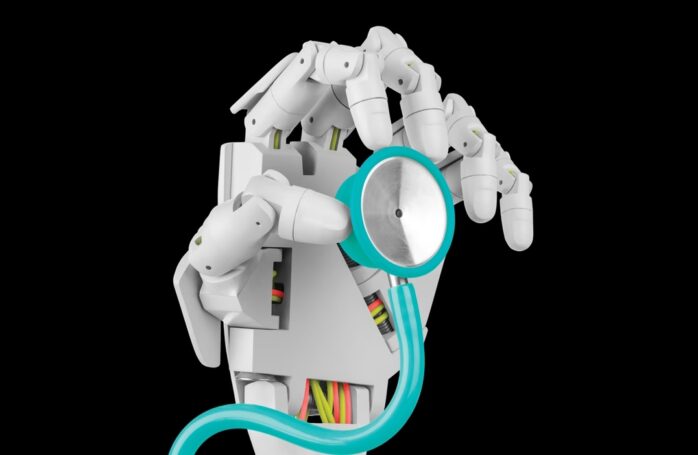
What’s Next For Ai?
AI’s future in healthcare is very bright and full of promise. In the next few years, we’re likely to see more mixed models that try to enhance the diagnosis process, help reduce risks, and encourage the development of new medicines. Also, these AI-driven systems would help healthcare centers reduce risks to patient data while making operations more efficient and making a big difference in how well patients get better.
Even so, AI healthcare still has a lot of problems to solve, such as making patients feel comfortable, training and educating people about AI systems, meeting medical standards, and so on. But if it can solve all of these problems, it could change the future of the medical industry in a big way. Overall, Artificial Intelligence based systems have made small changes to the medical industry, but they still have a long way to go before they can make a big difference in the future of healthcare.





